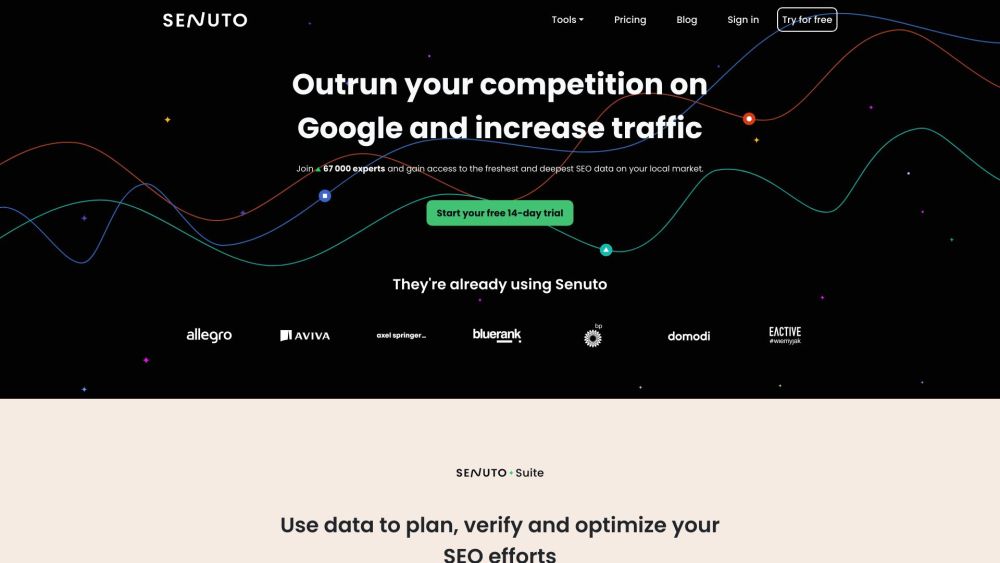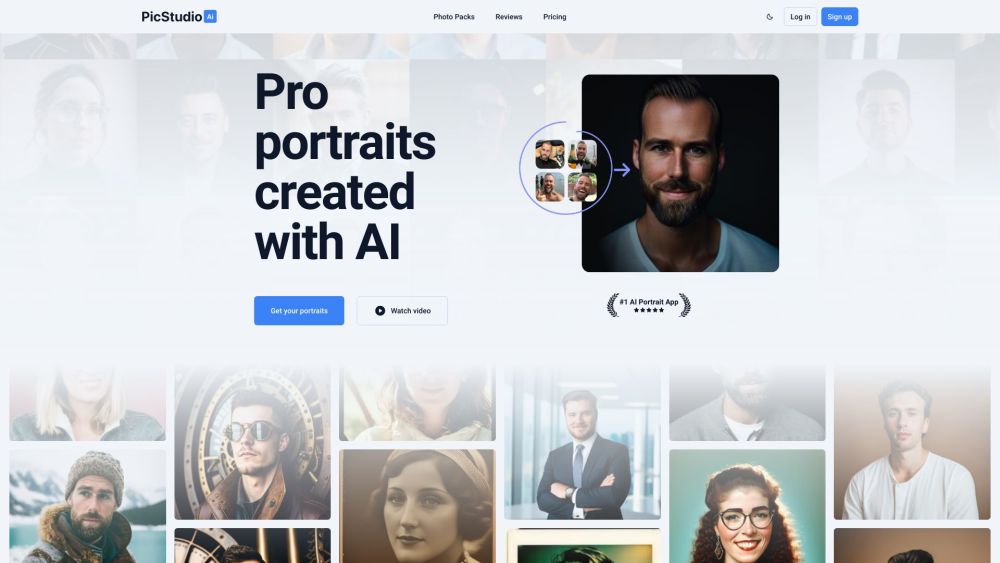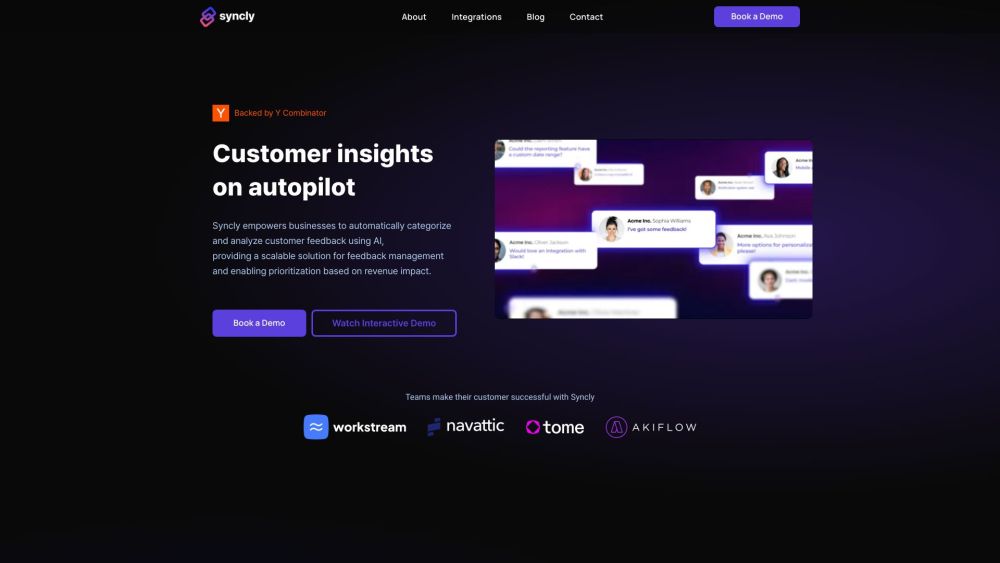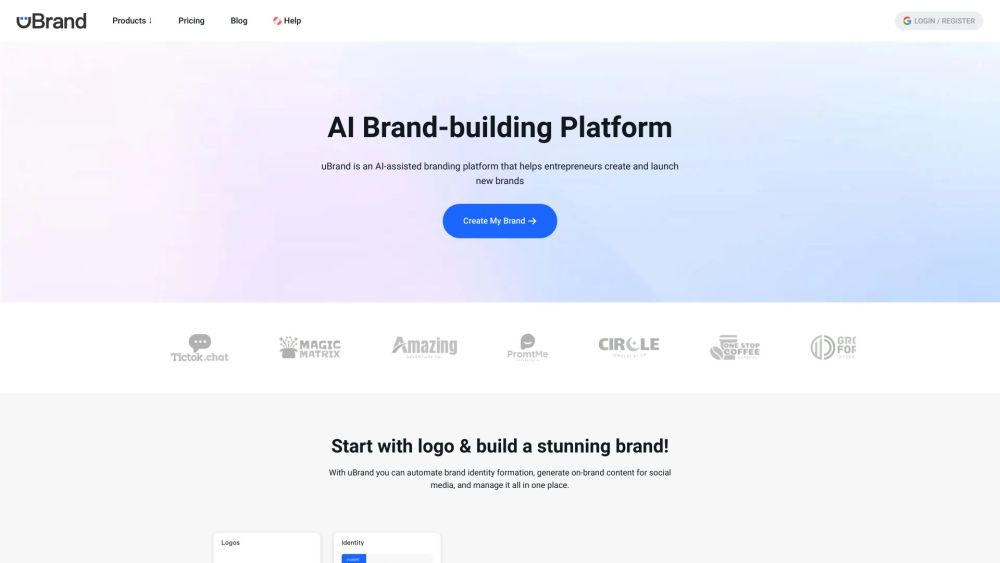GitHub has unveiled plans for a new enterprise subscription tier that enables companies to customize its Copilot pair programming tool to suit their specific codebases. This announcement was part of a series of significant updates revealed at the annual GitHub Universe developer conference, which also included a new partner program and additional information on the rollout of Copilot Chat.
Initially introduced in March and made available to business users in public beta in July, Copilot Chat will officially launch for all users in December 2023, although GitHub has not specified the exact date. Essentially, Copilot Chat is a chatbot integrated within a developer's integrated development environment (IDE). It provides real-time assistance by answering queries about the current code, troubleshooting bugs, and offering inline feedback on specific lines.
Powered by the latest OpenAI GPT-4 large language model, Copilot Chat is included in the standard Copilot subscription, priced at $10/month for individuals and $19/month for businesses.
Starting February 2024, GitHub will introduce the new Copilot Enterprise subscription for $39/month. This tier includes all the features of the existing business plan, plus enhanced functionalities that allow companies to tailor Copilot Chat to their unique codebases and further refine the underlying models. By connecting Copilot to their codebase, developers can receive suggestions relevant to their private internal code. Additionally, Copilot Chat will extend its capabilities to GitHub.com for Copilot Enterprise subscribers, enabling developers to explore their code, documentation, and pull requests more comprehensively.
"With Copilot Chat linked to your repositories on GitHub.com, Copilot Enterprise provides developers with quick access to your codebase, aids in documentation creation, delivers suggestions based on proprietary code, and simplifies pull request reviews," said GitHub CEO Thomas Dohmke in a blog post accompanying the announcements. "By harnessing the collective knowledge of your organization’s codebase, your developers will enhance their coding speed and get ahead of the competition when deploying new applications, features, or updates."
Currently, Copilot Chat operates in private IDE workspaces, requiring users to clone repositories locally. Copilot Enterprise, however, expands capabilities to AI-driven conversations surrounding cloud-based code and documentation. Companies can customize the model, enabling Copilot to provide tailored code completions and answers to specific queries pertaining to their codebase.
"Our aim is to create a Copilot that is conversational, ubiquitous, personalized, and trustworthy, and that's the vision behind Copilot Enterprise," stated Mario Rodriguez, VP of Product Management at GitHub.
During the early testing of this feature, GitHub collaborated with AMD, which noted that the customized Copilot model effectively supported hardware design languages like Verilog, a capability absent in the standard version.
"By integrating AI tools for our extensive community of AMD hardware engineers, the bespoke Copilot model delivered accurate, high-quality AI suggestions aligned with our design style," remarked AMD’s Senior Director of Software Development, Alexander Androncik.
In other news, GitHub is bringing Copilot Chat to the GitHub mobile app soon and expanding support to JetBrains' suite of IDEs, which previously only included VS Code and Visual Studio. "We listened to your feedback, and we’re responding," Dohmke added.
Another highlight from GitHub Universe was the Copilot Partner Program, aiming to strengthen relationships within the developer community. This initiative invites third-party developer tools, such as Datastax, LaunchDarkly, Postman, HashiCorp, and Datadog, to create integrations for Copilot. "As this ecosystem grows, so will the possibilities for developers using GitHub Copilot," Dohmke commented.
Alongside this, GitHub previewed Copilot Workspace, described as a "natural language bridge" that allows developers to transform ideas into running code within minutes. When a developer raises an issue in Copilot Workspace, they receive an auto-generated action plan that they can modify to guide the AI’s direction, with a launch expected in 2024. "Copilot Workspace is like having a pair programming partner who understands the entire project, enabling repository-wide changes from issues to pull requests seamlessly with AI," said Dohmke.
On the security front, GitHub is enhancing features launched in 2020, including secret scanning and code scanning for automated vulnerability detection and identifying unintentional leaks of confidential information. New AI capabilities will introduce an "autofix" feature for code scanning, optimizing the process of addressing vulnerabilities. These AI-generated fixes will target CodeQL, JavaScript, and TypeScript alerts in pull requests.
"These fixes are not just any suggestions; they provide clear, actionable insights to help users understand the vulnerability and how to resolve it," commented GitHub VP of Product Management Asha Chakrabarty. Developers can commit these solutions with a click or modify them before integration.
"This feature ensures a seamless remediation experience, allowing users to quickly fix vulnerabilities as they code, significantly speeding up the resolution process while maintaining the accuracy that code scanning users expect," Chakrabarty added.





